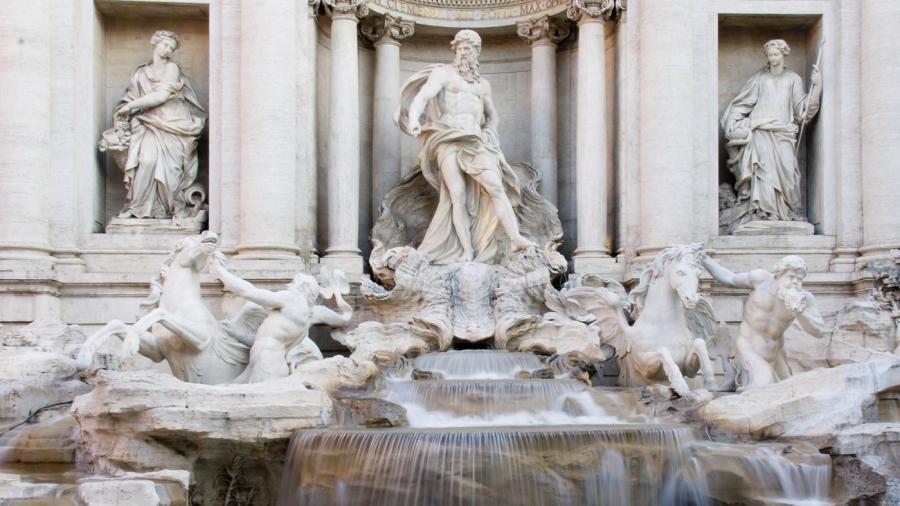How Did the Fall of Rome Affect Europe?

The fall of the Roman Empire plunged Europe into the Dark Ages and decentralized the region. The Imperial system in Rome was replaced with a loose-knit group of kings and princes throughout Europe.
Some experts believe the fall of the Roman Empire was necessary to dismantle the old Roman slave system in favor of equitable societies. Wealthy Romans who possessed land in Gaul and Britain lost their estates, and some Roman societies quickly collapsed. Elites living in the southern part of the empire, including Spain, Italy and southern Gaul, learned to coexist with the migrants. The kingdoms in the post-Roman period were weaker, and the armies consisted of semiprofessionals. The rulers of the new territories were not Roman in origin but descendants of the original invaders who sacked Rome. The Anglo-Saxons occupied Britain, and the Goths settled in Spain and Gaul.
Roman parents no longer spent money on educating their children because the careers that were supported through taxation ceased to exist. Advanced education became reserved for the clergy. This meant the downfall of mass education in Europe, a factor which ushered in the Dark Ages. Written laws, architecture and literacy faltered during the Middle Ages. Trade also collapsed as the Roman economy crumbled. The eastern half of the Roman empire lived on, and there were a few Romans in the West who maintained their culture.





